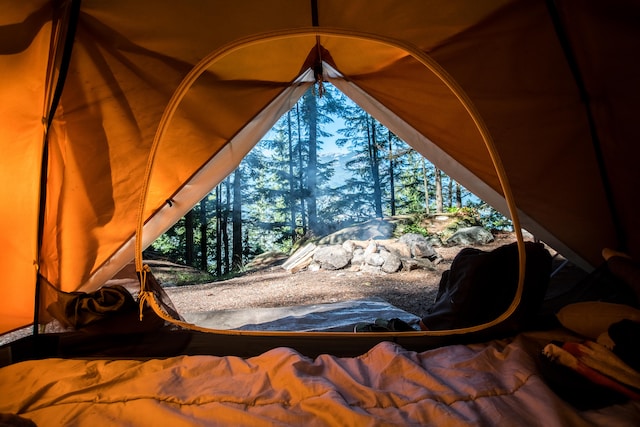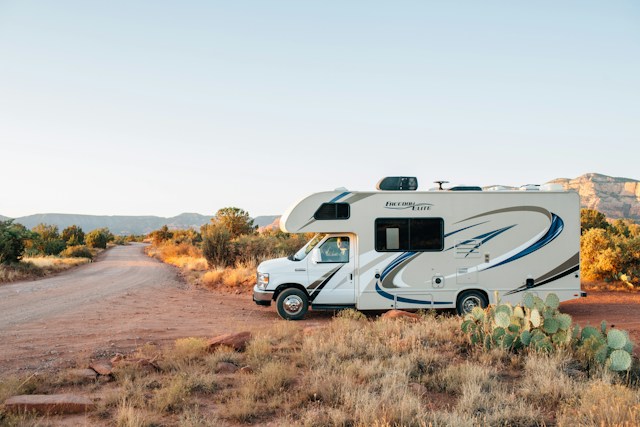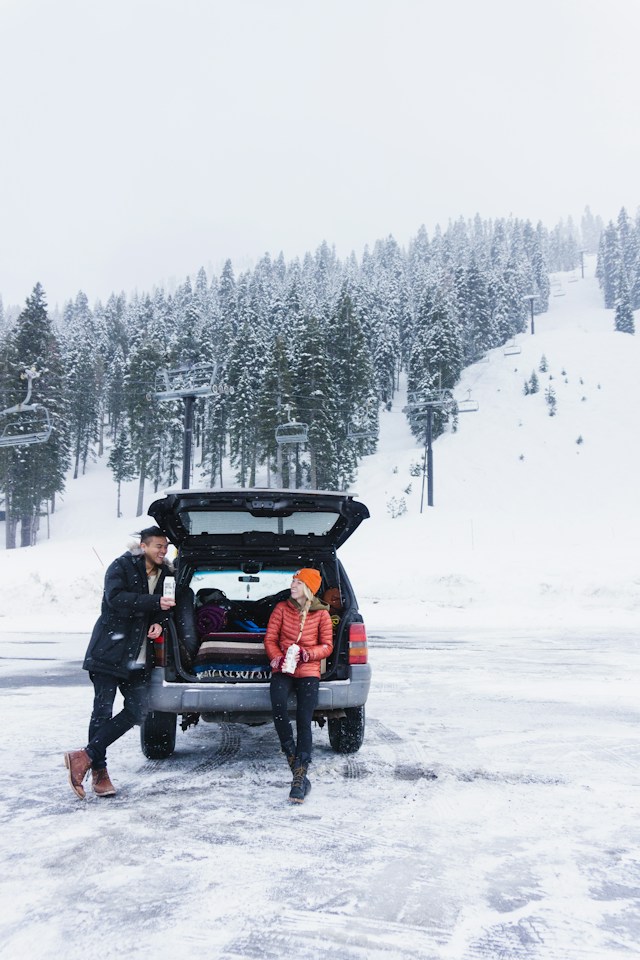There are so many various kinds of travel, each with special advantages and experiences, which is one of the many things that make traveling so amazing. For example, certain trip arrangements require a travel tent, and these usually provide adventure! A piece of gear that provides seclusion, shelter from the elements, and a pleasant place to sleep comes in handy when going on adventurous travel routes like hiking, camping, or backpacking.
It is crucial to remember that selecting a travel tent is a critical decision that will impact your entire trip. Here are three suggestions for selecting the ideal travel tent.
Content
When selecting a travel tent, material should be your first consideration because it has an impact on the weight, toughness, and weather resistance of the tent.
When selecting a travel tent, take into account the following factors in addition to material:
A lightweight tent is what you want if you are backpacking. Seek for materials like polyester or nylon.
You want a material that is strong and resilient for repeated usage, such polyester or ripstop nylon.
A well-resistant tent is essential when it’s windy or rainy outside. Seek for materials with a high denier number that are water-resistant, like treated nylon or polyester.
Look for breathable materials, including mesh panels, for improved air circulation in hot and muggy environments.
More expensive tents, if you can afford them, are usually constructed with better materials and unique chemical fibers that provide greater weather resistance and durability.
Ability
Traveling in a group may be a lot of fun! One drawback, though, is that you have to consider the dimensions and weight of every piece of travel gear you bring, including the tent. If you want to ensure that everyone has enough room to sleep and move around comfortably, along with proper protection and ventilation, you need to make sure your tent has the right capacity.
Based on its capacity, a travel tent should be selected by:
Choose a tent so each person has a minimum of 30 square feet of floor area.
If you need more room for things like cooking or storing equipment, think about getting a tent with an extra vestibule or awning.
Select a tent with a maximum height.
To avoid condensation, make sure the tent has enough ventilation, such as mesh windows or vents.
Setup Simplicity
Things might get pretty sour when you can’t seem to put your tent together. A challenging-to-assemble tent can lead to frustration, lost time, and even blunders that could jeopardize the tent’s efficacy and safety.
The following advice can help determine whether or not a tent will be simple to set up:
The setup of tents with fewer poles is typically simpler.
Seek out connections that seem intuitive. For instance, color-coded pole sleeves and clips facilitate a speedier and easier setup.
Since freestanding tents don’t need supports to stay upright, they are generally simpler to set up.
Seek out a comprehensive guidebook or even a video tutorial.
Choosing the incorrect travel tent might seriously ruin your trip. When making your selection, use these pointers to take material, capacity, and setup convenience into account.





Tents are very important, this suggestion is very good.
It has certain reference value for different travelers.
Based on this guide, I have found a tent that suits my travel needs.
Provided many practical suggestions, thank you very much!
The tips in the article are very useful, I will give it a try.
The size and weight of the tent are also factors to consider when choosing, and this guide is very comprehensive.
Choosing the right tent can make travel more enjoyable, thank you for these tips.
This guide provides many practical suggestions for choosing a tent, which is very helpful.
Different types of tents are suitable for different travel needs, and this guide allows me to learn more.
Choose a tent according to these tips to make travel more comfortable and safe.
When choosing a tent, one should consider the destination and season of the trip, and this guide is very helpful.
Tents are great companions for travel, these tips are so practical!